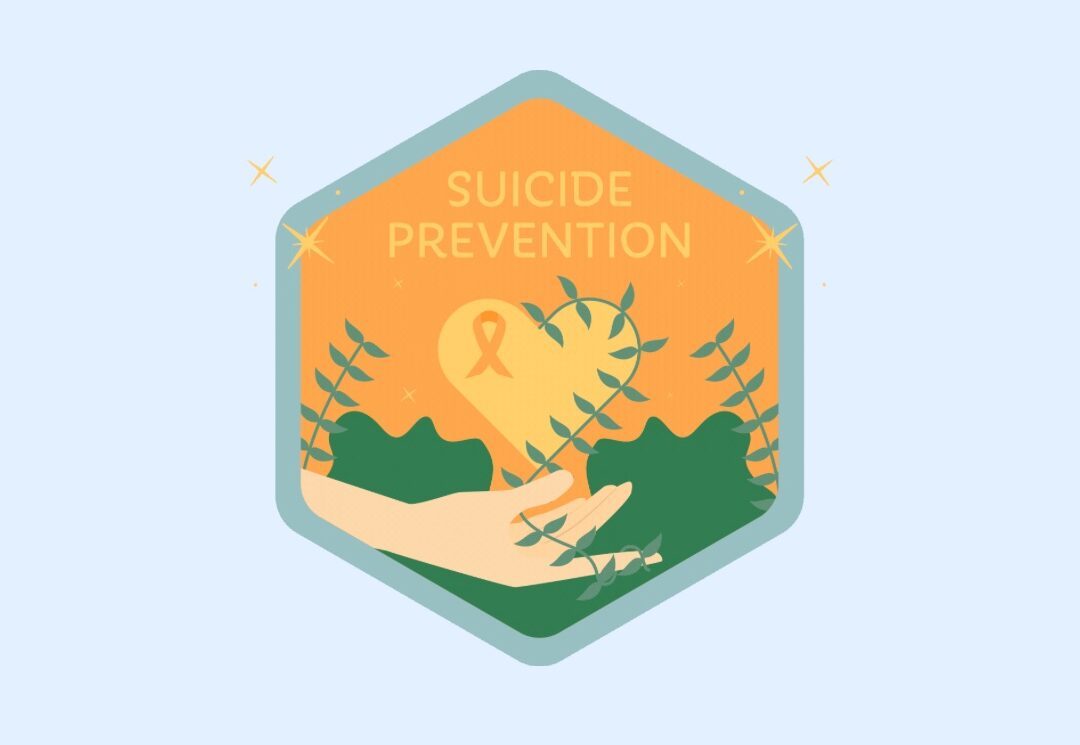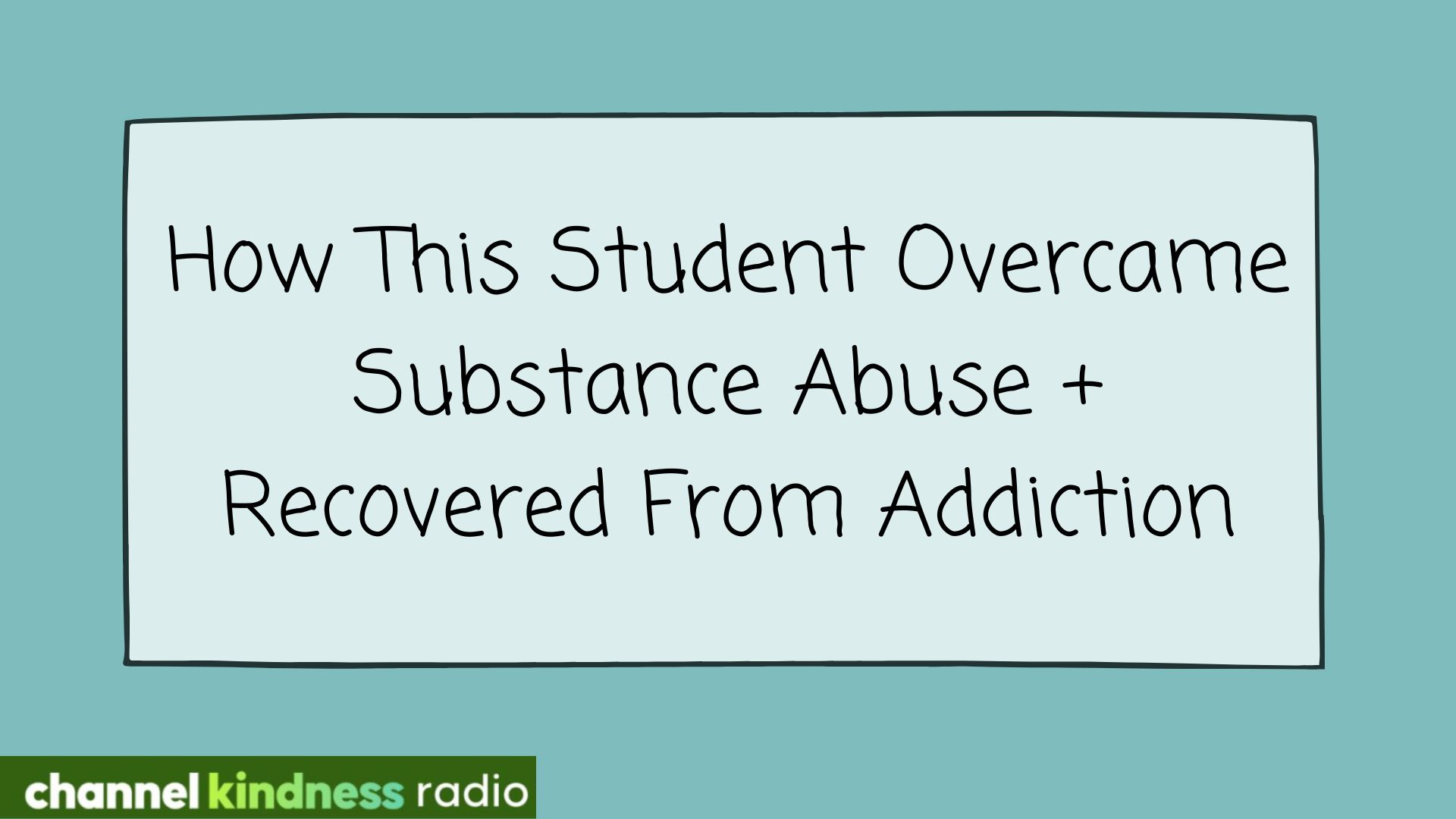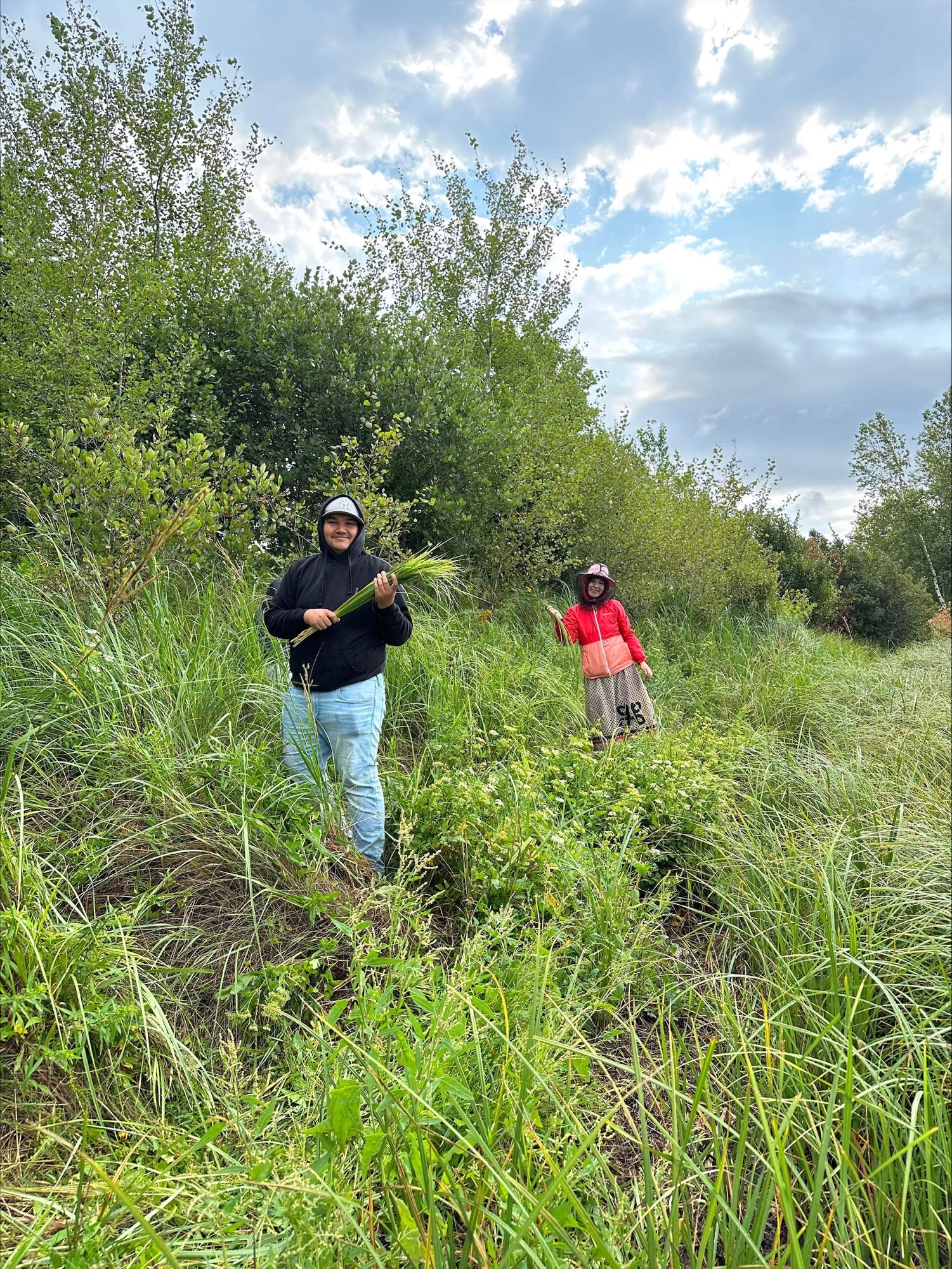When looking back on my work in the domain of suicide prevention, I frequently reflect on the time I have spent reading about the importance of language when discussing suicidal thoughts and behaviors, including recommendations for reporting on suicide appropriately. While I continue to hold all of these recommendations close, there is one phrase that continues to stand out as particularly grievous, especially considering its prominence within popular culture and our day-to-day lives.
The phrase? “Committed” suicide.
People commit theft, people commit fraud, but people do not commit suicide. In fact, suicide is decriminalized across much (but not all) of the world, including the United States, Canada, England and Wales, Singapore, India, and Sweden, among may others. Despite the illegality of suicide primarily being a thing of the past, however, the antiquated phrase remains alive and well.
By saying that decedents have committed suicide, we risk inadvertently associating individuals fighting mental health challenges with those who have committed heinous crimes, subsequently worsening the stigma surrounding suicidality. Additionally, using the phrase may place an additional burden on suicide loss survivors while they grieve the loss of a loved one(s). As such, it is critical for us to find more suitable ways of discussing suicide. But how?
First and foremost, we must continue to amplify the voices of those with lived experience to ensure that we are not assumptive about the suicidal experience or survivorship, thus allowing us to collaboratively eliminate harmful vocabularies and build new ones that are more sensitive to the topic at hand. For example, antiquated phrases saying that an individual has “committed suicide” or “successfully completed suicide” can (and should) be replaced by saying that an individual has “died by suicide” or that they have “ended their life.”
After building said vocabularies, we must hold others (and ourselves) accountable. While pointing out one’s mistake may seem intimidating, kindly and respectfully correcting one’s use of dated language without shaming and/or embarrassing them is oftentimes all that is needed to make an observable difference.
While change is difficult and nobody is perfect, improving the way we discuss suicide across the globe will allow us to make steps towards the destigmatization of suicide and other mental health challenges, ultimately giving those experiencing suicidal thoughts, those engaging in suicidal behaviors, and suicide loss survivors hope for their futures.

















